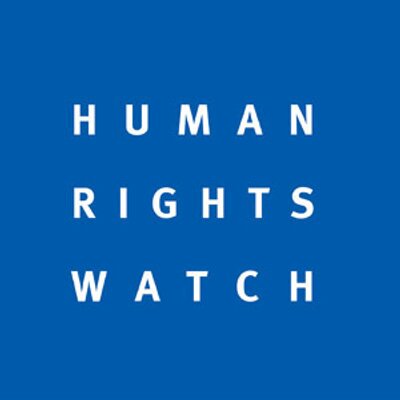The world’s leading experts on hunger, the Integrated Food Security Phase Classification (IPC) Famine Review Committee, found that famine has spread in Sudan. In August it had already identified famine in North Darfur’s largest displacement camp, Zamzam. Today it announced that famine had spread to other camps in North Darfur and that Sudan’s Nuba Mountains – where international presence is minimal- are also ravaged by starvation. It identified numerous other areas one step away from famine.
The news cannot come as a surprise.
Famine should in theory have been a game-changer and galvanized robust international efforts to ensure accountability for Sudan’s warring parties which are responsible for this man-made disaster.
It has not.
The Sudanese Armed Forces’ continue to drastically restrict aid and access to areas where people are starving, and the Rapid Support Forces continue to pillage and obstruct humanitarian assistance. The aid convoys that have finally arrived in Sudan are wholly insufficient to address the famine conditions across Sudan.
It took almost five months after the famine announcement for a UN convoy to reach Zamzam camp. Since October, there have been no international UN staff in Darfur due to SAF’s ongoing obstruction. The UN’s response to these impediments has been muted.
In the meantime, life has become unbearable for civilians in Zamzam, which the RSF has of late repeatedly shelled.
In South Kordofan’s Nuba Mountains, we witnessed famine for ourselves.
In October, we traveled to the Nuba Mountains to interview people displaced by attacks by the RSF and its allies. Witnesses described killings, rape and destruction in the South Kordofan towns of Habila and Fayu, just 20kms away.
The impact of starvation was clear to see. Almost every person we spoke to bore the marks of hunger. One 8-year-old boy I met, died of starvation during our five-day visit. We saw no international organizations or U.N. agencies providing food assistance during our time there and kept wondering whether some of the people would survive more than a couple of months without aid.
Before more civilians, including children, die of starvation in Sudan, governments should impose consequences on those responsible. The UN Security Council meeting on Sudan on December 19 again contained powerful speeches but little in the way of concrete action. The UN and donors should make a concerted push for immediate aid access throughout Sudan and massively increase support to local responders. The UN should also be much clearer and public about the scale of the challenges they face. Civilians in the Nuba Mountains and North Darfur cannot wait till the New Year.
Distributed by APO Group on behalf of Human Rights Watch (HRW).

